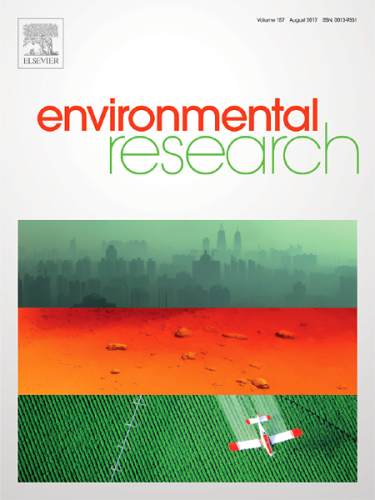
Abstract
Arsenic contamination of drinking water is a serious threat to the health of hundreds of millions of people worldwide. In the United States ~3 million individuals drink well water that contains arsenic levels above the Environmental Protection Agency (EPA) maximum contaminant level (MCL) of 10 μg/L. Several technologies are available to remove arsenic from well water including anion exchange, adsorptive media and reverse osmosis. In addition, bottled water is an alternative to drinking well water contaminated with arsenic. However, there are several drawbacks associated with these approaches including relatively high cost and, in the case of bottled water, the generation of plastic waste.
In this study, we tested the ability of five tabletop water pitcher filters to remove arsenic from drinking water. We report that only one tabletop water pitcher filter tested, ZeroWater®, reduced the arsenic concentration, both As3+ and As5+, from 1000 μg/L to < 3 μg/L, well below the MCL. Moreover, the amount of total dissolved solids or competing ions did not affect the ability of the ZeroWater® filter to remove arsenic below the MCL. Thus, the ZeroWater® pitcher filter is a cost effective and short-term solution to remove arsenic from drinking water and its use reduces plastic waste associated with bottled water.



